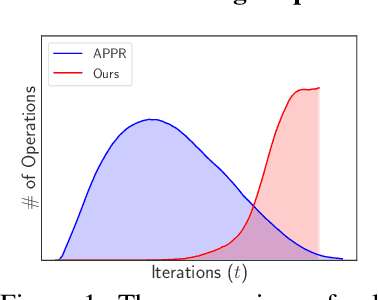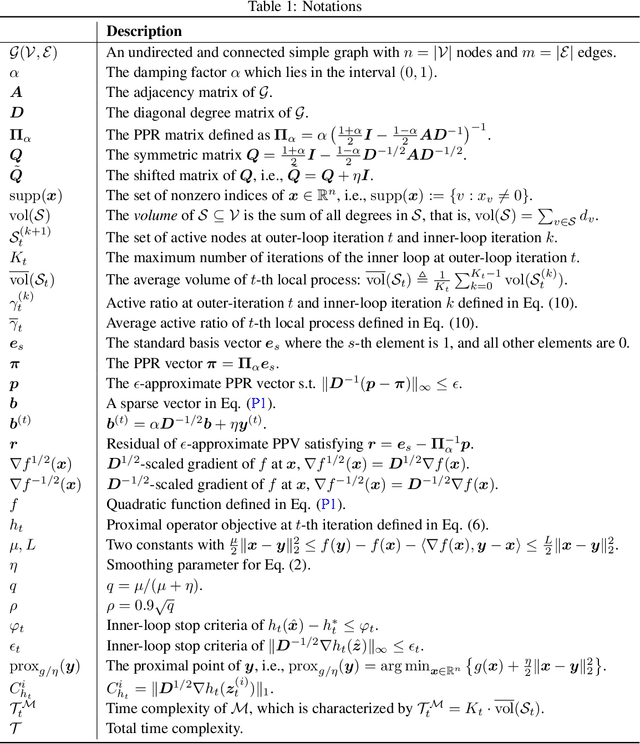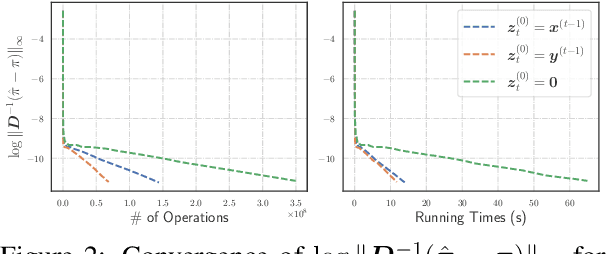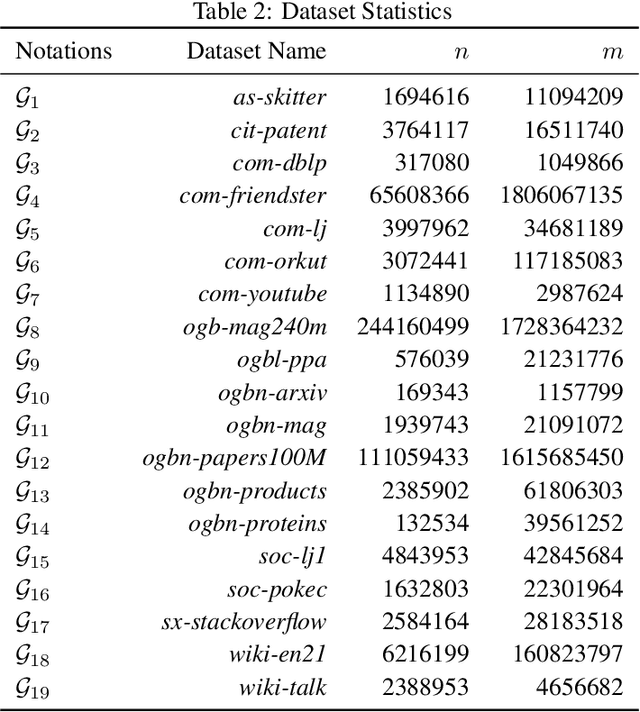Yanghua Xiao
HER: Human-like Reasoning and Reinforcement Learning for LLM Role-playing
Jan 29, 2026Abstract:LLM role-playing, i.e., using LLMs to simulate specific personas, has emerged as a key capability in various applications, such as companionship, content creation, and digital games. While current models effectively capture character tones and knowledge, simulating the inner thoughts behind their behaviors remains a challenge. Towards cognitive simulation in LLM role-play, previous efforts mainly suffer from two deficiencies: data with high-quality reasoning traces, and reliable reward signals aligned with human preferences. In this paper, we propose HER, a unified framework for cognitive-level persona simulation. HER introduces dual-layer thinking, which distinguishes characters' first-person thinking from LLMs' third-person thinking. To bridge these gaps, we curate reasoning-augmented role-playing data via reverse engineering and construct human-aligned principles and reward models. Leveraging these resources, we train \method models based on Qwen3-32B via supervised and reinforcement learning. Extensive experiments validate the effectiveness of our approach. Notably, our models significantly outperform the Qwen3-32B baseline, achieving a 30.26 improvement on the CoSER benchmark and a 14.97 gain on the Minimax Role-Play Bench. Our datasets, principles, and models will be released to facilitate future research.
HUMANLLM: Benchmarking and Reinforcing LLM Anthropomorphism via Human Cognitive Patterns
Jan 15, 2026Abstract:Large Language Models (LLMs) have demonstrated remarkable capabilities in reasoning and generation, serving as the foundation for advanced persona simulation and Role-Playing Language Agents (RPLAs). However, achieving authentic alignment with human cognitive and behavioral patterns remains a critical challenge for these agents. We present HUMANLLM, a framework treating psychological patterns as interacting causal forces. We construct 244 patterns from ~12,000 academic papers and synthesize 11,359 scenarios where 2-5 patterns reinforce, conflict, or modulate each other, with multi-turn conversations expressing inner thoughts, actions, and dialogue. Our dual-level checklists evaluate both individual pattern fidelity and emergent multi-pattern dynamics, achieving strong human alignment (r=0.91) while revealing that holistic metrics conflate simulation accuracy with social desirability. HUMANLLM-8B outperforms Qwen3-32B on multi-pattern dynamics despite 4x fewer parameters, demonstrating that authentic anthropomorphism requires cognitive modeling--simulating not just what humans do, but the psychological processes generating those behaviors.
Structured Reasoning for Large Language Models
Jan 12, 2026Abstract:Large language models (LLMs) achieve strong performance by generating long chains of thought, but longer traces always introduce redundant or ineffective reasoning steps. One typical behavior is that they often perform unnecessary verification and revisions even if they have reached the correct answers. This limitation stems from the unstructured nature of reasoning trajectories and the lack of targeted supervision for critical reasoning abilities. To address this, we propose Structured Reasoning (SCR), a framework that decouples reasoning trajectories into explicit, evaluable, and trainable components. We mainly implement SCR using a Generate-Verify-Revise paradigm. Specifically, we construct structured training data and apply Dynamic Termination Supervision to guide the model in deciding when to terminate reasoning. To avoid interference between learning signals for different reasoning abilities, we adopt a progressive two-stage reinforcement learning strategy: the first stage targets initial generation and self-verification, and the second stage focuses on revision. Extensive experiments on three backbone models show that SCR substantially improves reasoning efficiency and self-verification. Besides, compared with existing reasoning paradigms, it reduces output token length by up to 50%.
Outcome-Grounded Advantage Reshaping for Fine-Grained Credit Assignment in Mathematical Reasoning
Jan 12, 2026Abstract:Group Relative Policy Optimization (GRPO) has emerged as a promising critic-free reinforcement learning paradigm for reasoning tasks. However, standard GRPO employs a coarse-grained credit assignment mechanism that propagates group-level rewards uniformly to to every token in a sequence, neglecting the varying contribution of individual reasoning steps. We address this limitation by introducing Outcome-grounded Advantage Reshaping (OAR), a fine-grained credit assignment mechanism that redistributes advantages based on how much each token influences the model's final answer. We instantiate OAR via two complementary strategies: (1) OAR-P, which estimates outcome sensitivity through counterfactual token perturbations, serving as a high-fidelity attribution signal; (2) OAR-G, which uses an input-gradient sensitivity proxy to approximate the influence signal with a single backward pass. These importance signals are integrated with a conservative Bi-Level advantage reshaping scheme that suppresses low-impact tokens and boosts pivotal ones while preserving the overall advantage mass. Empirical results on extensive mathematical reasoning benchmarks demonstrate that while OAR-P sets the performance upper bound, OAR-G achieves comparable gains with negligible computational overhead, both significantly outperforming a strong GRPO baseline, pushing the boundaries of critic-free LLM reasoning.
LSRIF: Logic-Structured Reinforcement Learning for Instruction Following
Jan 10, 2026Abstract:Instruction-following is critical for large language models, but real-world instructions often contain logical structures such as sequential dependencies and conditional branching. Existing methods typically construct datasets with parallel constraints and optimize average rewards, ignoring logical dependencies and yielding noisy signals. We propose a logic-structured training framework LSRIF that explicitly models instruction logic. We first construct a dataset LSRInstruct with constraint structures such as parallel, sequential, and conditional types, and then design structure-aware rewarding method LSRIF including average aggregation for parallel structures, failure-penalty propagation for sequential structures, and selective rewards for conditional branches. Experiments show LSRIF brings significant improvements in instruction-following (in-domain and out-of-domain) and general reasoning. Analysis reveals that learning with explicit logic structures brings parameter updates in attention layers and sharpens token-level attention to constraints and logical operators.
Logics-STEM: Empowering LLM Reasoning via Failure-Driven Post-Training and Document Knowledge Enhancement
Jan 08, 2026Abstract:We present Logics-STEM, a state-of-the-art reasoning model fine-tuned on Logics-STEM-SFT-Dataset, a high-quality and diverse dataset at 10M scale that represents one of the largest-scale open-source long chain-of-thought corpora. Logics-STEM targets reasoning tasks in the domains of Science, Technology, Engineering, and Mathematics (STEM), and exhibits exceptional performance on STEM-related benchmarks with an average improvement of 4.68% over the next-best model at 8B scale. We attribute the gains to our data-algorithm co-design engine, where they are jointly optimized to fit a gold-standard distribution behind reasoning. Data-wise, the Logics-STEM-SFT-Dataset is constructed from a meticulously designed data curation engine with 5 stages to ensure the quality, diversity, and scalability, including annotation, deduplication, decontamination, distillation, and stratified sampling. Algorithm-wise, our failure-driven post-training framework leverages targeted knowledge retrieval and data synthesis around model failure regions in the Supervised Fine-tuning (SFT) stage to effectively guide the second-stage SFT or the reinforcement learning (RL) for better fitting the target distribution. The superior empirical performance of Logics-STEM reveals the vast potential of combining large-scale open-source data with carefully designed synthetic data, underscoring the critical role of data-algorithm co-design in enhancing reasoning capabilities through post-training. We make both the Logics-STEM models (8B and 32B) and the Logics-STEM-SFT-Dataset (10M and downsampled 2.2M versions) publicly available to support future research in the open-source community.
Why Did Apple Fall To The Ground: Evaluating Curiosity In Large Language Model
Oct 23, 2025Abstract:Curiosity serves as a pivotal conduit for human beings to discover and learn new knowledge. Recent advancements of large language models (LLMs) in natural language processing have sparked discussions regarding whether these models possess capability of curiosity-driven learning akin to humans. In this paper, starting from the human curiosity assessment questionnaire Five-Dimensional Curiosity scale Revised (5DCR), we design a comprehensive evaluation framework that covers dimensions such as Information Seeking, Thrill Seeking, and Social Curiosity to assess the extent of curiosity exhibited by LLMs. The results demonstrate that LLMs exhibit a stronger thirst for knowledge than humans but still tend to make conservative choices when faced with uncertain environments. We further investigated the relationship between curiosity and thinking of LLMs, confirming that curious behaviors can enhance the model's reasoning and active learning abilities. These findings suggest that LLMs have the potential to exhibit curiosity similar to that of humans, providing experimental support for the future development of learning capabilities and innovative research in LLMs.
Instructions are all you need: Self-supervised Reinforcement Learning for Instruction Following
Oct 16, 2025Abstract:Language models often struggle to follow multi-constraint instructions that are crucial for real-world applications. Existing reinforcement learning (RL) approaches suffer from dependency on external supervision and sparse reward signals from multi-constraint tasks. We propose a label-free self-supervised RL framework that eliminates dependency on external supervision by deriving reward signals directly from instructions and generating pseudo-labels for reward model training. Our approach introduces constraint decomposition strategies and efficient constraint-wise binary classification to address sparse reward challenges while maintaining computational efficiency. Experiments show that our approach generalizes well, achieving strong improvements across 3 in-domain and 5 out-of-domain datasets, including challenging agentic and multi-turn instruction following. The data and code are publicly available at https://github.com/Rainier-rq/verl-if
HINT: Helping Ineffective Rollouts Navigate Towards Effectiveness
Oct 10, 2025Abstract:Reinforcement Learning (RL) has become a key driver for enhancing the long chain-of-thought (CoT) reasoning capabilities of Large Language Models (LLMs). However, prevalent methods like GRPO often fail when task difficulty exceeds the model's capacity, leading to reward sparsity and inefficient training. While prior work attempts to mitigate this using off-policy data, such as mixing RL with Supervised Fine-Tuning (SFT) or using hints, they often misguide policy updates In this work, we identify a core issue underlying these failures, which we term low training affinity. This condition arises from a large distributional mismatch between external guidance and the model's policy. To diagnose this, we introduce Affinity, the first quantitative metric for monitoring exploration efficiency and training stability. To improve Affinity, we propose HINT: Helping Ineffective rollouts Navigate Towards effectiveness, an adaptive hinting framework. Instead of providing direct answers, HINT supplies heuristic hints that guide the model to discover solutions on its own, preserving its autonomous reasoning capabilities. Extensive experiments on mathematical reasoning tasks show that HINT consistently outperforms existing methods, achieving state-of-the-art results with models of various scales, while also demonstrating significantly more stable learning and greater data efficiency.Code is available on Github.
Accelerated Evolving Set Processes for Local PageRank Computation
Oct 09, 2025



Abstract:This work proposes a novel framework based on nested evolving set processes to accelerate Personalized PageRank (PPR) computation. At each stage of the process, we employ a localized inexact proximal point iteration to solve a simplified linear system. We show that the time complexity of such localized methods is upper bounded by $\min\{\tilde{\mathcal{O}}(R^2/\epsilon^2), \tilde{\mathcal{O}}(m)\}$ to obtain an $\epsilon$-approximation of the PPR vector, where $m$ denotes the number of edges in the graph and $R$ is a constant defined via nested evolving set processes. Furthermore, the algorithms induced by our framework require solving only $\tilde{\mathcal{O}}(1/\sqrt{\alpha})$ such linear systems, where $\alpha$ is the damping factor. When $1/\epsilon^2\ll m$, this implies the existence of an algorithm that computes an $\ epsilon $-approximation of the PPR vector with an overall time complexity of $\tilde{\mathcal{O}}\left(R^2 / (\sqrt{\alpha}\epsilon^2)\right)$, independent of the underlying graph size. Our result resolves an open conjecture from existing literature. Experimental results on real-world graphs validate the efficiency of our methods, demonstrating significant convergence in the early stages.
 Add to Chrome
Add to Chrome Add to Firefox
Add to Firefox Add to Edge
Add to Edge